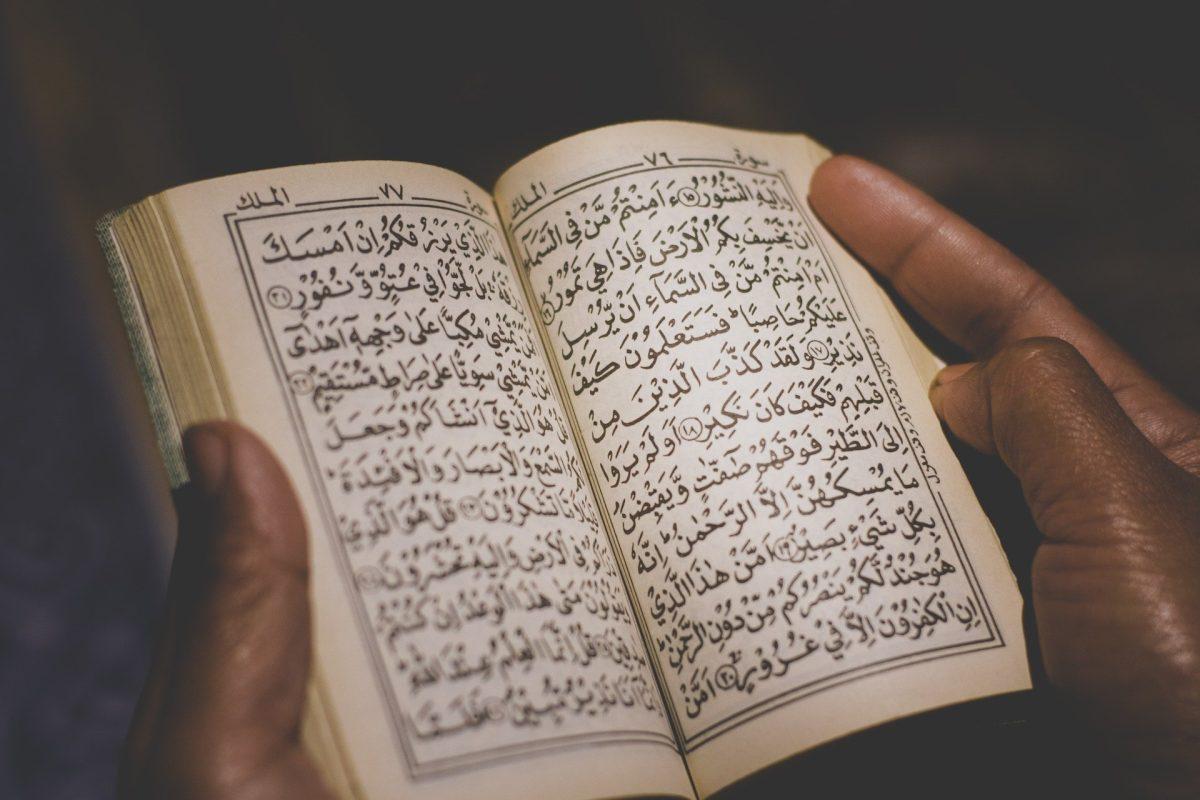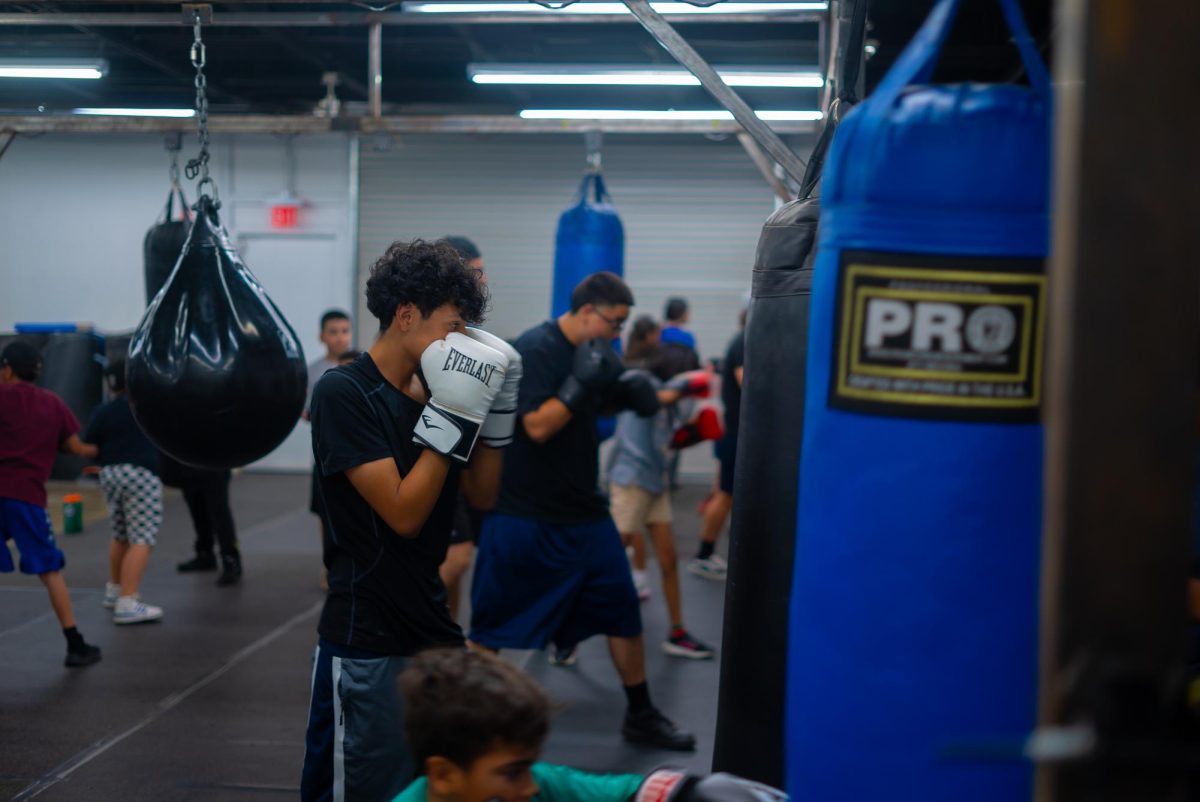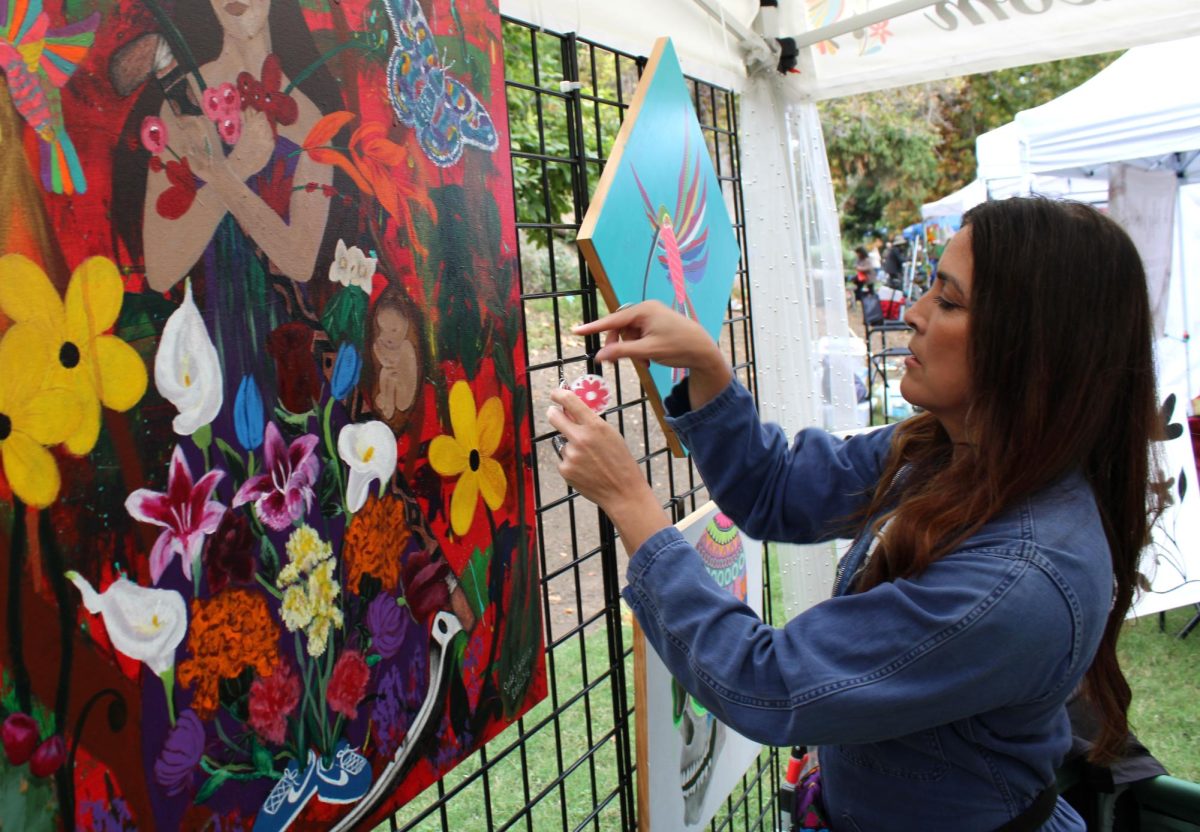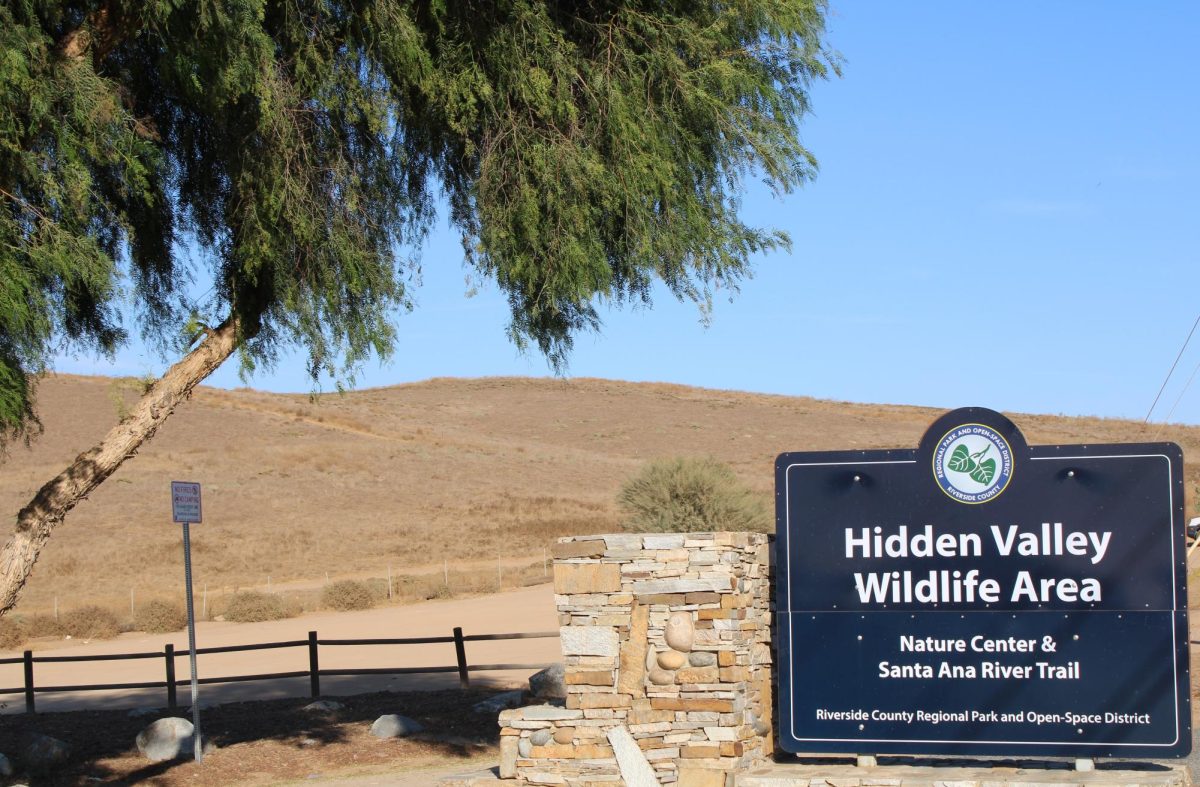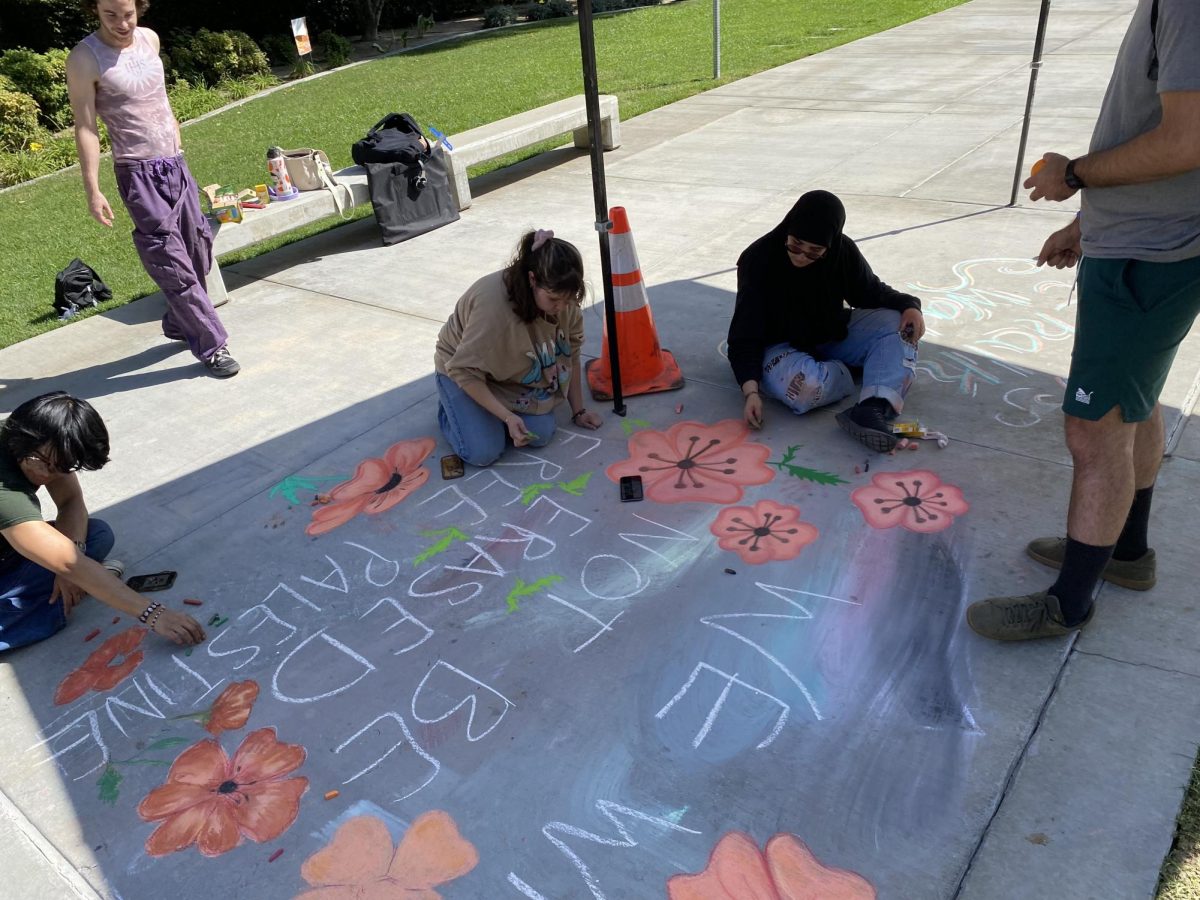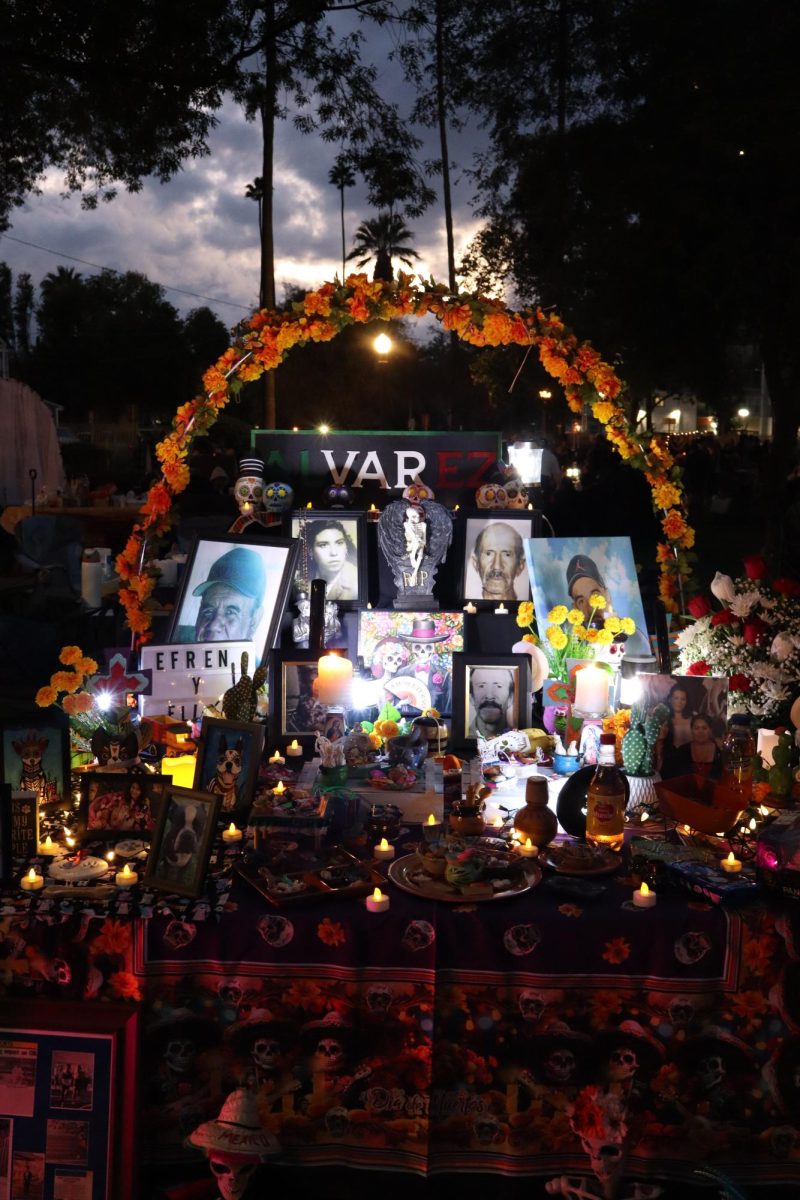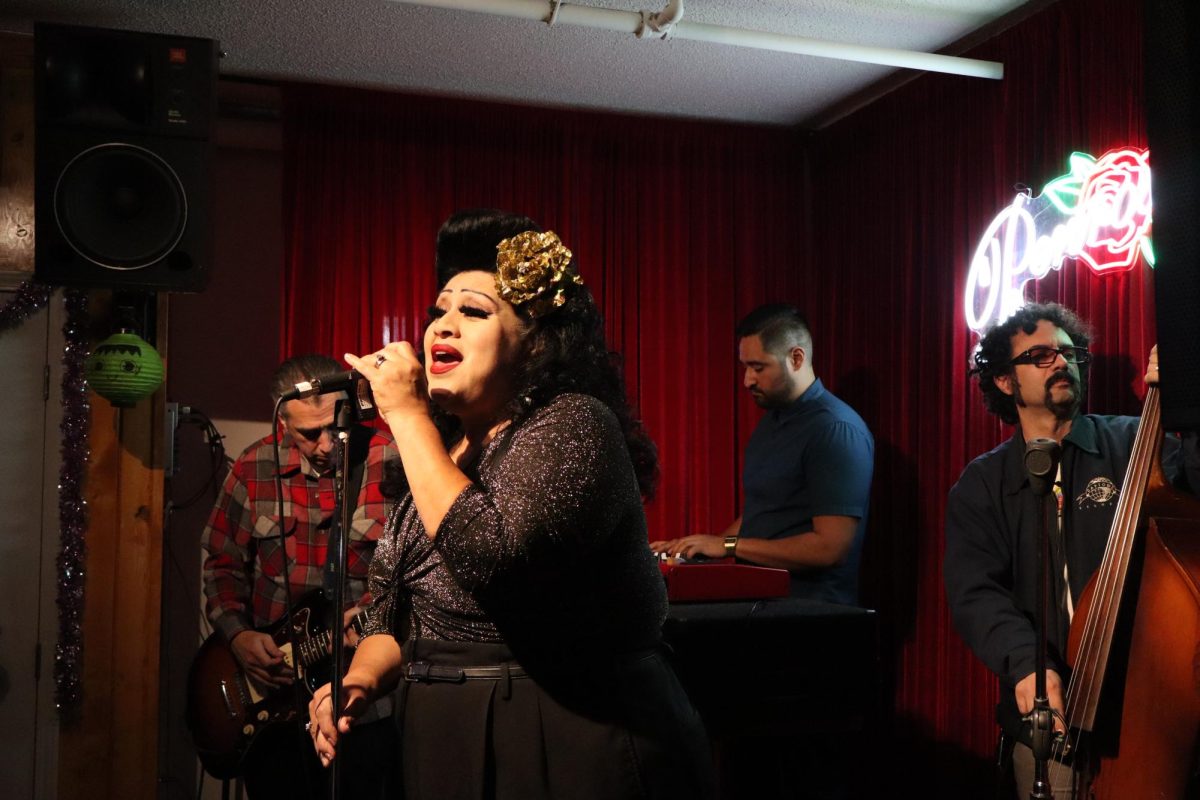By Rossana Martinez
Fasting is not the easiest thing to do, especially when not everyone around you is doing it. But the feeling of knowing that you are making certain sacrifices to better yourself is always rewarding.
Along with introspection and prayer, fasting is one of the important practices of Islam during the holy month of Ramadan, which falls between April 23 and May 23 this year. Muslims are expected to put a greater effort into following the teachings of Islam during this time.
Ramadan is in the ninth month of the Islamic calendar. It begins and ends with the appearance of the new moon and is observed by Muslims worldwide. It is a time of reflection, worship, and thankfulness. During this time, Muslims abstain from eating, drinking, sexual relations and sinful speech and behavior.
Fasting begins after Suhoor, the meal eaten before dawn and ends with Iftar, the breaking of fast at sunset. No food or drink can be consumed during the day.
“It’s definitely a change in your lifestyle because you don’t realize how much food revolves around your life up until you can’t have it,” said Sumer Bermani, an aspiring dentist. “The first couple days of the fast is the hardest on your body so you feel a lot of hunger, headaches, and thirst. But usually for me, after the first or second day I feel fine.”
Unfortunately, COVID-19’s coinciding with Ramadan has affected how the holy month should be celebrated. Typically, Muslims gather at the mosque for worship and prayer on Fridays, seeking to break Iftar together and many look forward to Eid al-Fitr, a festival marking the end of the Ramadan fast.
Hibaaq Ali, a Muslim student at Riverside City College, feels the quarantine has made Ramadan less eventful this year.
“I can’t go over to friends or families houses to break fast,” Ali said. “I can’t spend time with my family when we would traditionally break fast together, which is one of my favorite things to do during Ramadan.”
Although times are hard, many are keeping in mind that there are those who are less fortunate. Others are focusing on the positives of the quarantine, such as having more time to work on personal goals and prayer.
Basma Jama, another RCC student, has spent Ramadan catching up, instilling forgotten family values and looking forward to Maghrib, the prayer after sunset.
“My favorite part of Ramadan is Ramadan nights,” Jama said. “There is something really peaceful after Maghrib that has a really calming effect.”
As Ramadan comes to an end Muslims are focused more than ever on using the stillness to starve their stomachs, and feed their souls. This year, Bermani is doing this by praying the Fajr with her father every morning and memorizing a Surah, a chapter of the Quran.
“Every Ramadan I set a different goal,” Bermani said. “Whether I get there or not, while I’m fasting I am on a different spiritual level so I’m more cognizant of my religion and God throughout the day.”

